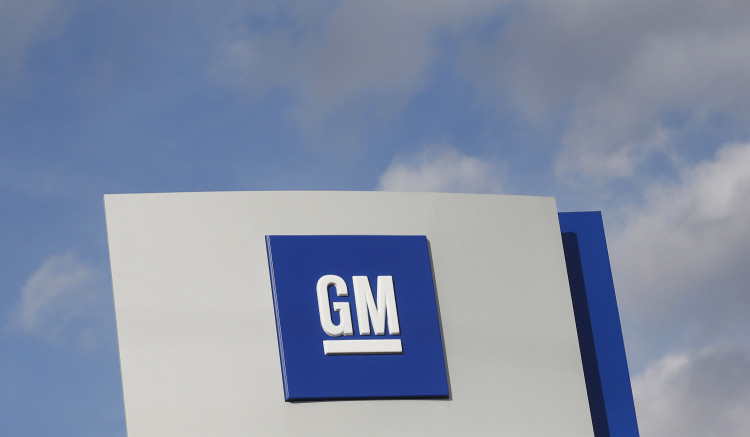General Motors said Tuesday it will take a $1.6 billion charge in the third quarter as the company reassesses its electric vehicle strategy following the cancellation of federal tax incentives and a slowdown in EV demand. The automaker's disclosure marks one of the clearest signs yet that U.S. carmakers are recalibrating their electric ambitions amid shifting policy and market conditions.
In a filing, GM said $1.2 billion of the charge will be non-cash, reflecting adjustments to its EV capacity, while the remaining $400 million will be in cash, primarily tied to contract cancellation fees and commercial settlements. "The charge is a special item driven by our expectation that EV volumes will be lower than planned because of market conditions and the changed regulatory and policy environment," GM said in a statement to Reuters.
The company added that the reassessment of its manufacturing footprint is "ongoing," suggesting further charges could follow in future quarters. The adjustments will be reported as special items in its third-quarter earnings on Oct. 21, impacting net results but not the automaker's EBIT-adjusted earnings, which are closely watched by Wall Street.
GM's latest financial hit follows policy shifts under President Donald Trump's administration, which ended the $7,500 federal tax credit for electric vehicles and relaxed emissions regulations. "Following recent U.S. Government policy changes, including the termination of certain consumer tax incentives for EV purchases and the reduction in the stringency of emissions regulations, we expect the adoption rate of EVs to slow," the company said in the filing.
Shares of GM slipped 2.5% in premarket trading following the announcement. "The charge doesn't come as a surprise given recent market developments and the fact GM had made probably the most aggressive EV push of any traditional automaker," said Garrett Nelson, senior equity analyst at CFRA Research. "We think the automakers who chose to invest more heavily in hybrid vehicle development such as Toyota and Honda are poised to benefit in the U.S. auto market."
The Detroit-based automaker was one of the first to commit tens of billions of dollars to electric vehicle development, once pledging to invest $30 billion by this year on new models and battery capacity. GM's EV portfolio includes the Chevrolet, GMC, and Cadillac brands, which it said will remain unaffected by the restructuring. However, the company acknowledged that "EV volumes will be lower than planned," and adoption is likely to slow further.
The policy reversal on tax incentives comes as GM and other automakers also grapple with Trump-era tariffs that have added to cost pressures. GM estimated that trade headwinds would have a $4 billion to $5 billion impact on its bottom line this year, though it expects to offset roughly 30% of that through cost-cutting measures.






